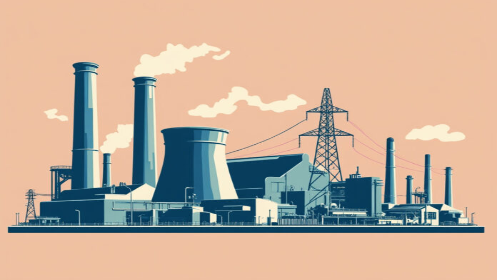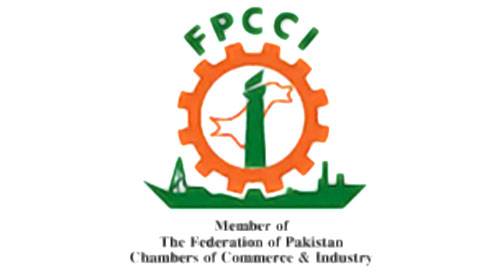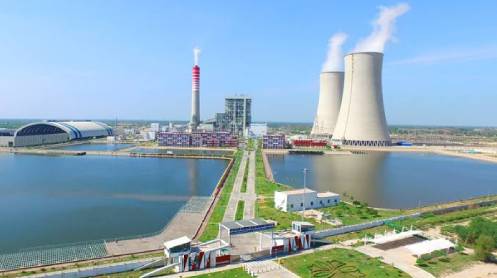ISLAMABAD: The government’s energy task force, led by Federal Energy Minister Sardar Awais Khan Leghari, has renegotiated Power Purchase Agreements (PPAs) with about a dozen Independent Power Producers (IPPs) established under the 1994 and 2002 Power Policies, according to official sources.
The task force, comprising top officials and energy experts, is holding firm negotiations with IPPs to address issues related to excessive profits, historical financial gains, and interest on delayed payments. While some IPPs initially resisted the proposed changes, they eventually agreed after being presented with evidence of irregularities, sources revealed.
“Thus far, eight agreements have been signed, and the remaining are expected to be finalized within the next two weeks,” an official disclosed. Talks are also underway to revise terms with government power plants and IPPs established under the 2006 policy.
A Senate Standing Committee review highlighted the substantial profits reaped by IPPs. Under the 1994 Power Policy, 17 IPPs invested Rs518 billion, generating profits exceeding Rs415 billion, with dividends over Rs310 billion. Many recovered their investments within 2-4 years, earning up to 18 times their initial investments.
The report also identified inefficiencies in tariff settings, overbilling, and inflated project costs compared to other countries. It recommended a shift from dollar-based returns to rupee-based payments and the adoption of a “take-and-pay” system, ensuring payments are made only for electricity consumed.
Negotiations have already resulted in key savings. For example, capacity payments for non-operational plants have been eliminated, saving Rs60 billion annually. Additionally, bagasse-based plants are now delinked from international coal prices and aligned with rupee-based pricing.
The task force expects to conclude these negotiations within the next 3-6 months, ensuring recovered savings benefit consumers. Experts emphasize the need for Pakistan to exit power generation and tariff setting, transitioning to a competitive market where private generators and retailers lead, reducing inefficiencies and public liabilities.
Story by Mushtaq Ghumman





